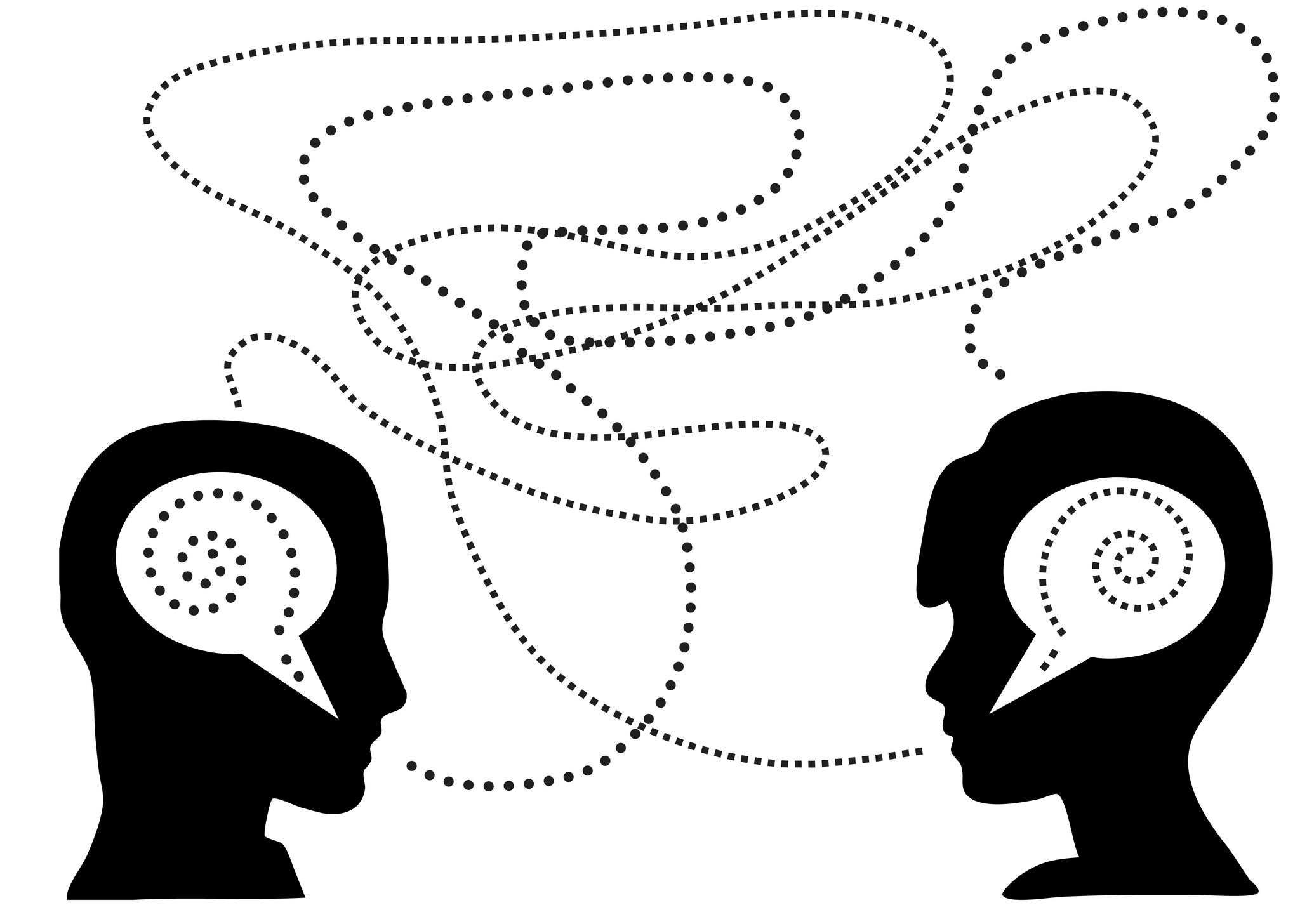Benjamin Whorf Linguistic Determinism | Linguistic Determinism Criticisms
What is Linguistic Determinism?
Linguistic determinism is the idea that language shapes thought and behavior. This theory was popularized by Benjamin Lee Whorf in the 1930s. Benjamin Whorf Linguistic determinism is an approach to the relationship between language, culture, and behavior. In this view, a culture’s linguistic structure influences patterns in thinking and acting within that culture.
Benjamin Lee Whorf argued that speakers of a language with fewer words for colors would have less detailed color perception than those who speak languages with many different names for colors.
The Sapir-Whorf hypothesis, which has largely been discredited, states that a person’s native language’s structure determines how they perceive reality.
Linguistic Determinism holds that the structure of a language affects its speakers’ worldview or cognition. Sapir-Whorf Hypothesis postulates that there is a relationship between thought and language, such as grammar, vocabulary, etc., on the one hand and culture on the other.
“Linguistic determinism” was first used by critic Steven Pinker in his book The Language Instinct (1994) to describe what he considers an unscientific approach to linguistics.

History of Benjamin Whorf Linguistic Determinism
Linguistic determinism theory was first formulated by Edward Sapir and widened by his student Benjamin Lee Worf. The theory was popular among anthropologists during the mid-20th century but fell out of favor in the 1960s after being criticized for its lack of empirical evidence; other approaches have since replaced it to understanding human cognition, such as cognitive linguistics.
The theory is mostly expressed in two forms: the strong hypothesis, now referred to as linguistic determinism, was held by some of the early linguists before the Second World War, while some of the modern linguists mostly hold the weak hypothesis.
- The strong version, or linguistic determinism, states that language defines thought, and those linguistic categories restrict and define cognitive categories. This version is widely accepted as false by modern linguists.
- The weak version says that linguistic categories and use influence only thought and decision-making.
The theory was adopted and then abandoned by linguists in the early twentieth century after shifting social acceptance expectations for others, particularly after the Second World War. The root of the reasoning put forth against the acceptance of linguistic relativity is credited to Noam Chomsky.
Linguistic Determinism Hypothesis
Linguistic determinism hypothesizes that an individual’s native language influences their cognitive processes, perceptual mechanisms, and worldview. This includes both implicit learning of rules and patterns as well as explicit knowledge of a particular language.
💥🎁 New Year & Easter Deals On Amazon !
Don't miss out on the best discounts and top-rated products available right now!
🛒 Shop Now and Save Big Today!*As an Amazon Associate, I earn from qualifying purchases.
The concept is also related to the Sapir–Whorf hypothesis, which says that there are certain thoughts or feelings that individuals in a given culture can not experience if they do not have words for them (see English-speakers’ lack of concepts for colors).
Example of Linguistic Determinism
According to this hypothesis, people’s languages influence and shape cultural reality by limiting their thinking processes.
An example of the Sapir-Whorf hypothesis is how gender-based language influences the way society views men and women. For example, they use words like ‘fireman,’ ‘chairman,’ ‘policeman,’ and ‘male nurse.’
-
Related: Linguistic Relativism
Benefits and Importance of Benjamin Whorf Linguistic Determinism
- Linguistic determinism is the theory that language shapes human perception and understanding.
- The theory of linguistic determinism was first proposed by American linguist Benjamin Whorf in the 1930s
- One example of this is how speakers of different languages may have a different conception of time, space, or color.
Linguistic Determinism Criticisms
- Linguistic determinism is a theory that language is the primary force in the development of culture and consciousness. The main criticisms of linguistic determinism are that it is too deterministic and lacks a scientific basis.
- Linguistic Determinism has been criticized for its lack of empirical support, circular reasoning, false dichotomies, inability to predict linguistic change, and positivist orientation.
- Linguistic determinism is a reductionist theory that has been criticized for its inability to account for the complexities of language and culture.
- The theory argues that all human behavior, including thought, is shaped by one’s native language.
- Critics also argue that linguistic determinism does not take into account other factors in shaping an individual’s personality, such as socioeconomic status or family dynamics.
- It has been criticized for being too narrow in its focus on language and not taking into account other factors that determine an individual’s behavior, such as culture, class, or gender.
- Linguistic determinism is an outdated theory.
- It assumes that language is the most important factor in how people think and behave.
- It also assumes that all languages are equal, which isn’t true.